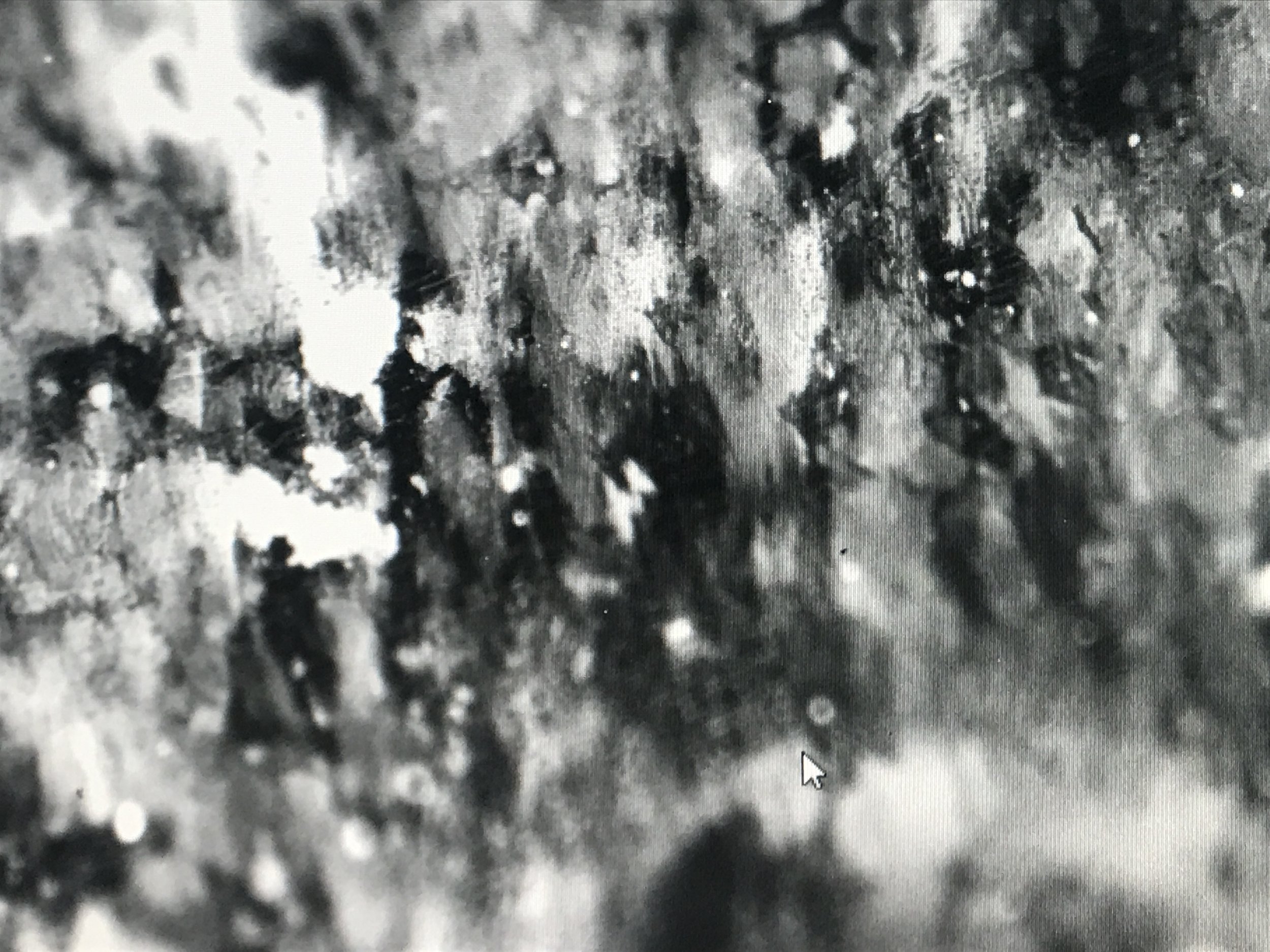Material Imagination
Material Imagination is a project where researchers in the physical and social sciences, in collaboration with various designers and artists, come together to design and test a new democratic approach to innovating with living materials.
The concept of “living materials” rests on recent ideas to combine living cells with non-living components, to exploit the intelligence of cells for advanced material functionality. Drawing on membrane biophysics and synthetic biology, the team will use a membrane bag to encapsulate and organise living bacteria in a ‘factory’, capable of growth, multiplication and environmental sensing. Such ‘living’ material is clearly very different from the passive materials that humanity has used to date. It can grow and adapt to the user’s needs, and if sensibly utilised, could underlie the development of many future technologies.
The project began at The Institute of Advanced Studies at Durham University and the team is comprised of Prof. Margarita Staykova (biophysicist and Principal Investigator), Prof. Tiago Moreira (social scientist and Principal Investigator), Prof. Wilson Poon (physicist), Alexandra Carr (artist), Dr Laura Forlano (social scientist and design researcher), Dr Suzie Protière (experimental physicist) and Prof. Torben Elgaard Jensen (social scientist).
You can view the project website here: https://materialimagination.org/
‘Imagine your feet growing their own shoes. Under sustained human guidance, some of the microorganisms living on your skin have learnt how to use the mechanical energy of walking, the sunlight and the sweat from your feet to synthesize an extra foot cover for mechanical protection. The heat generated by their metabolic activity is sufficient to warm your feet. These living shoes are able to adjust their shape and thickness in relation to your mobility levels, walking style, and seasonal changes.
This is an example of the sort of living material scenarios we envisage in Material Imagination. They draw from the inexhaustible potential of living organisms to emerge into new forms and relations, better adapted to the surrounding conditions. And as much as living materials open exciting scientific opportunities at the interface of ecology, evolution and material design, they also question our scientific practices and aspirations. Material Imagination investigates the opportunity to replace our damaging material culture with one rooted in interdependence and interconnectedness of species, where people do not forcefully impose their needs on the earth ecosystem but skillfully craft their presence.’
To view the full text click here: https://www.iasdurham.org/2020/09/05/material-imagination/
























